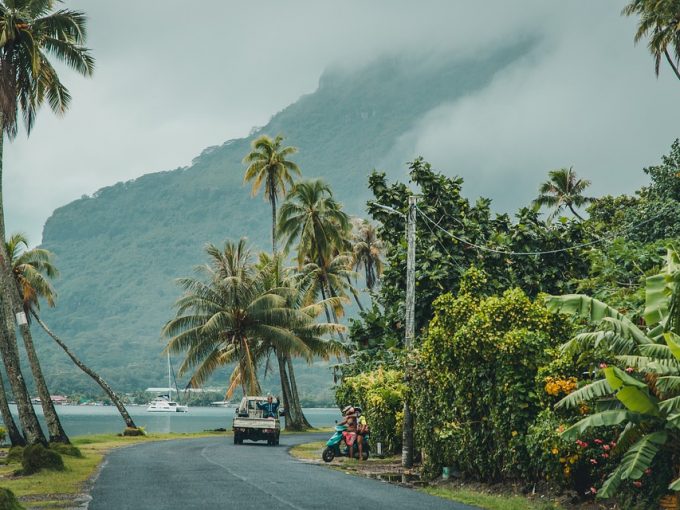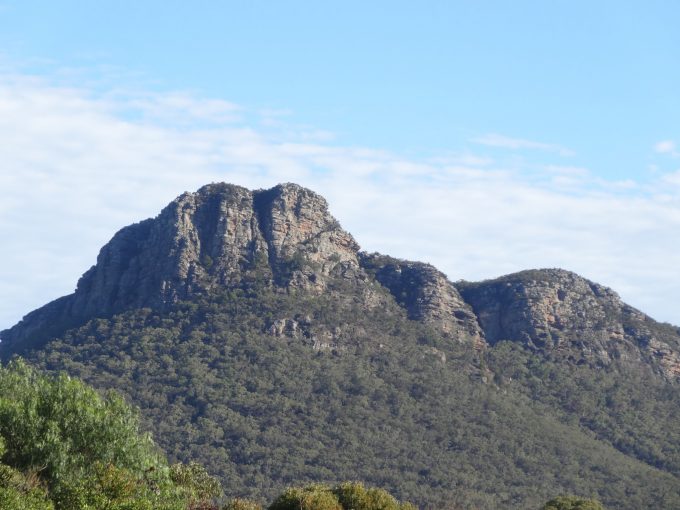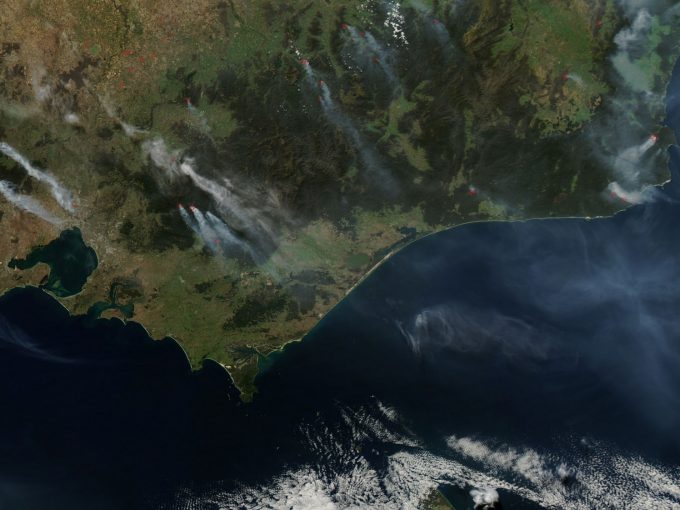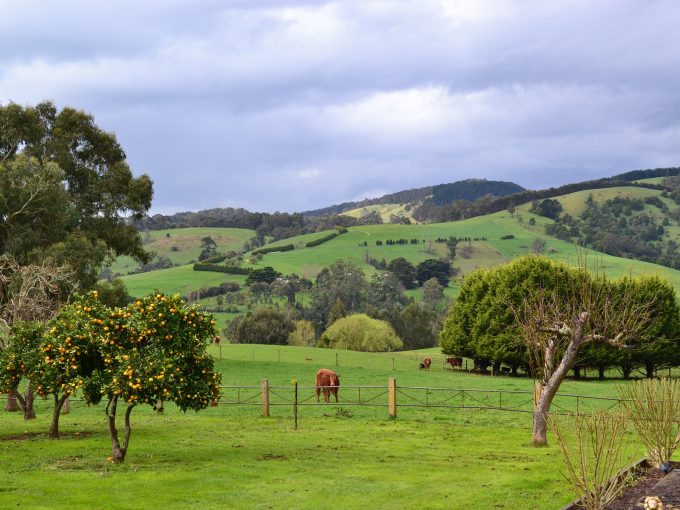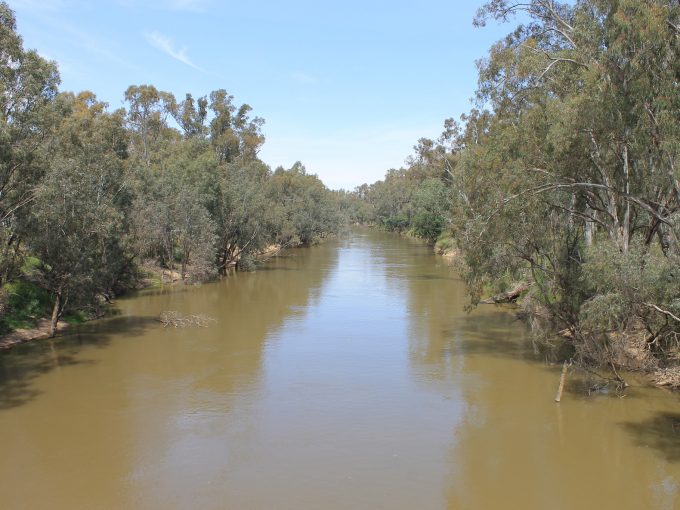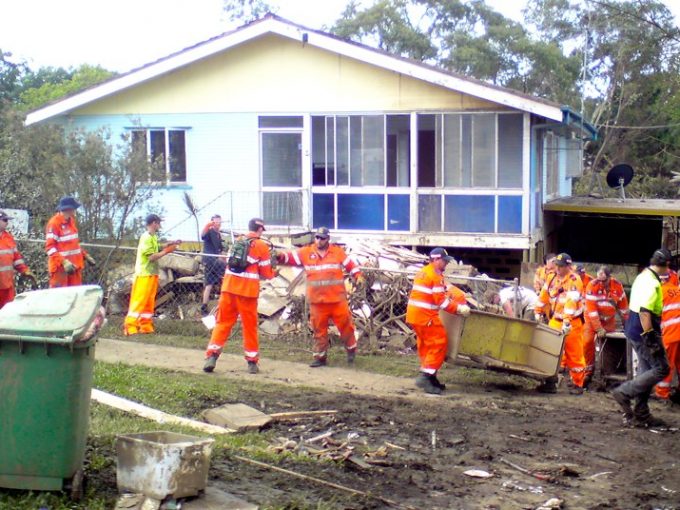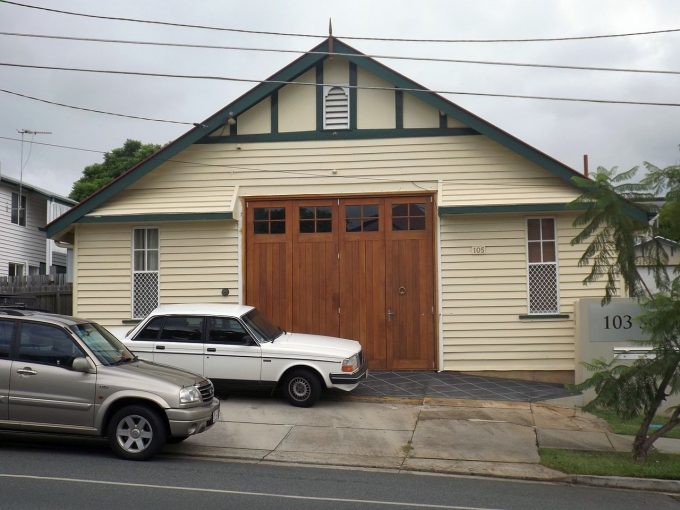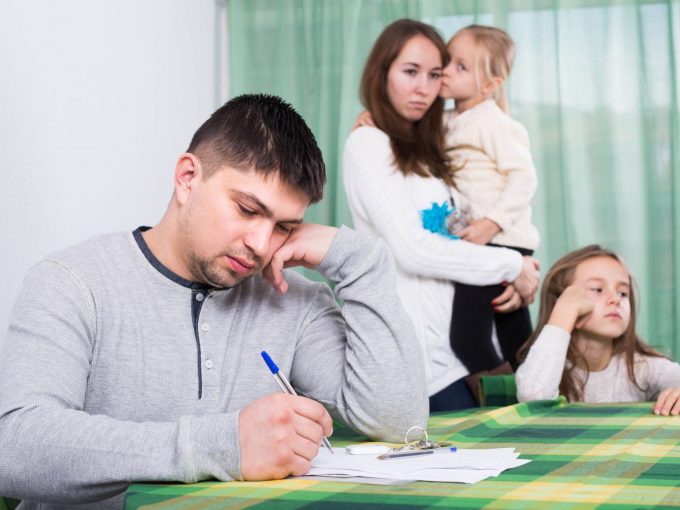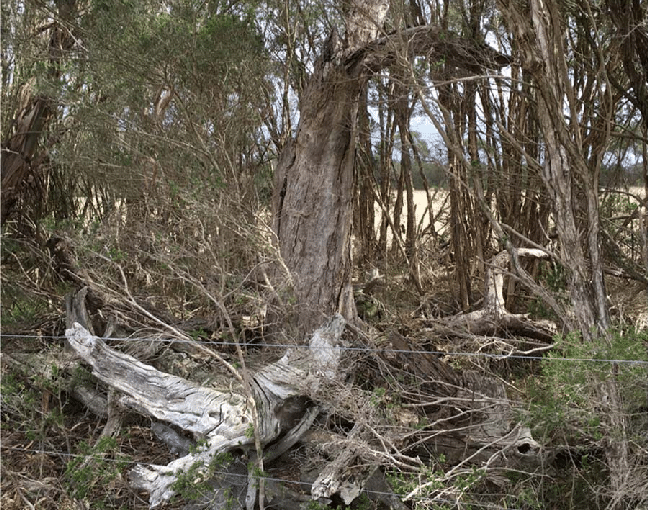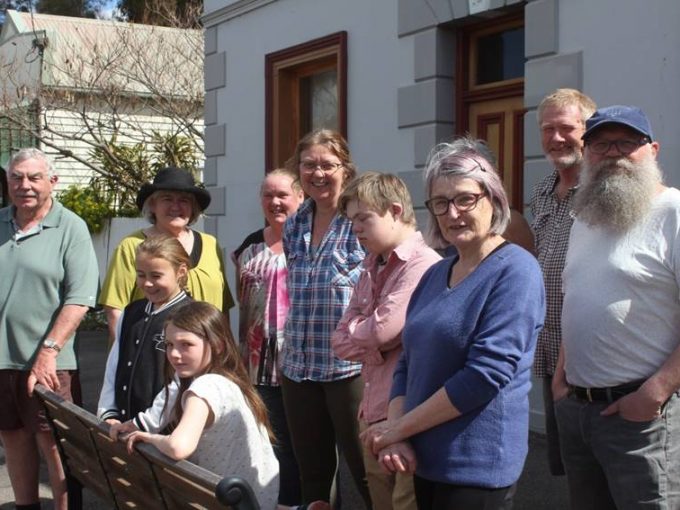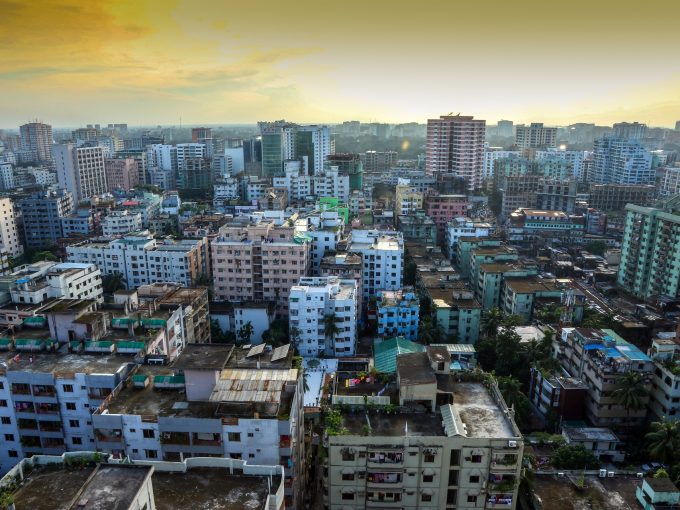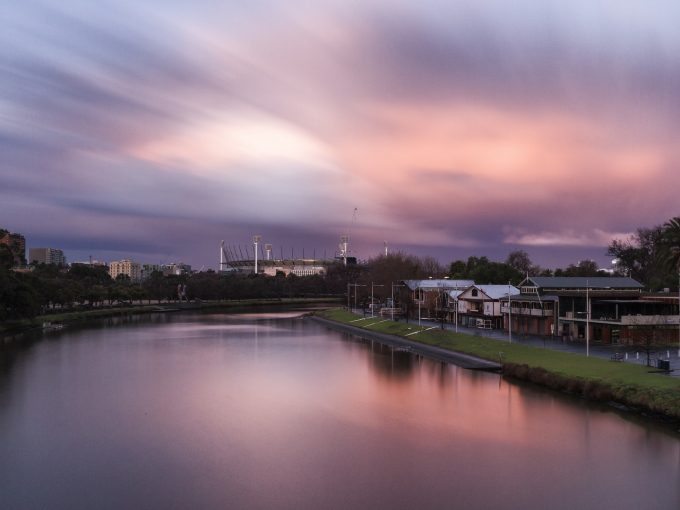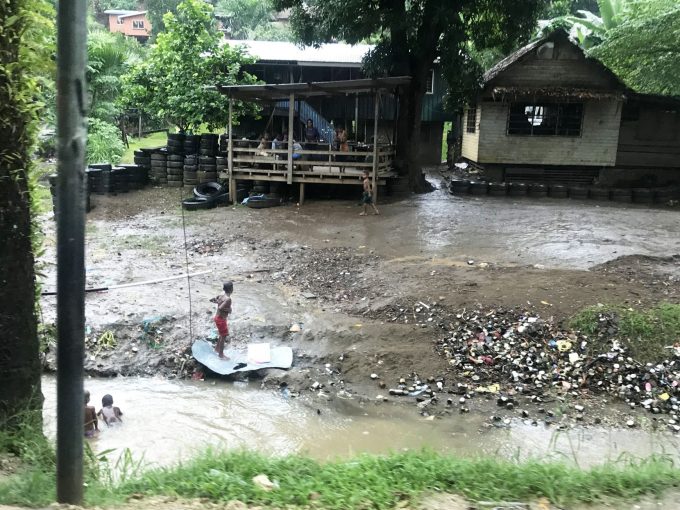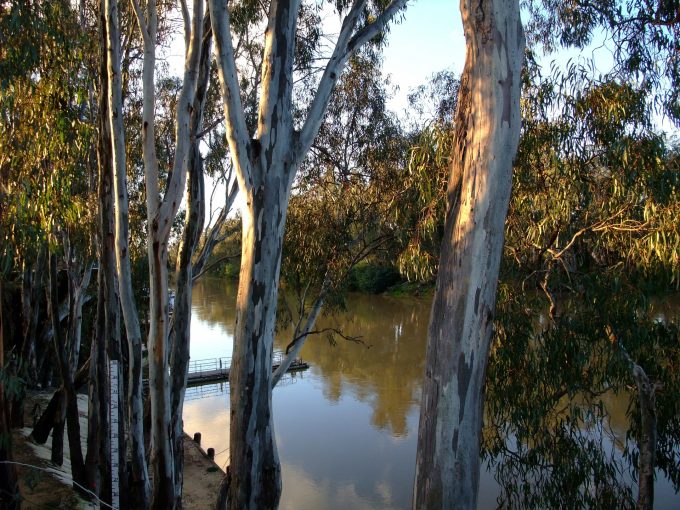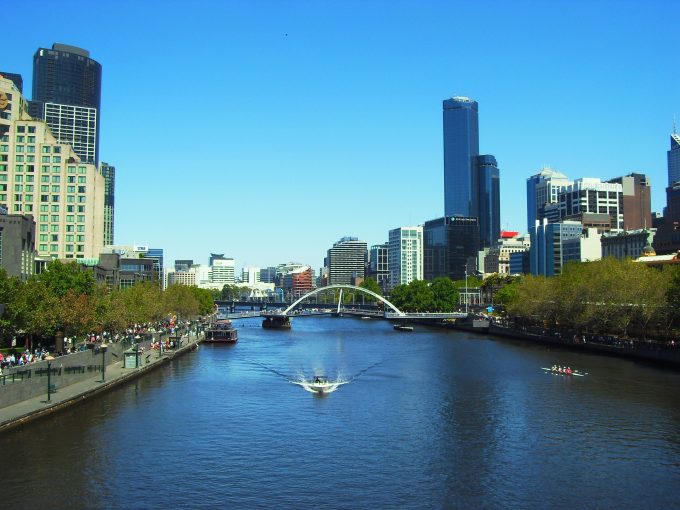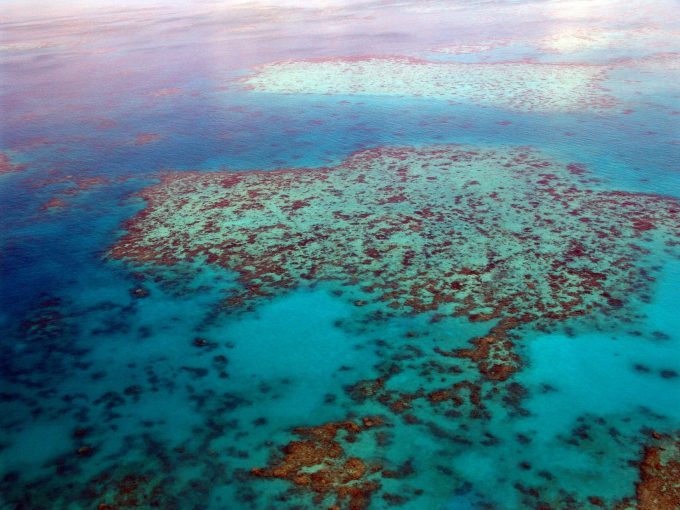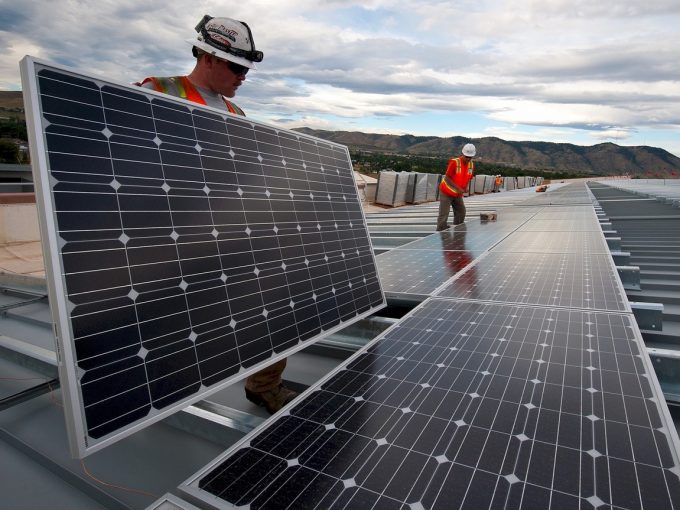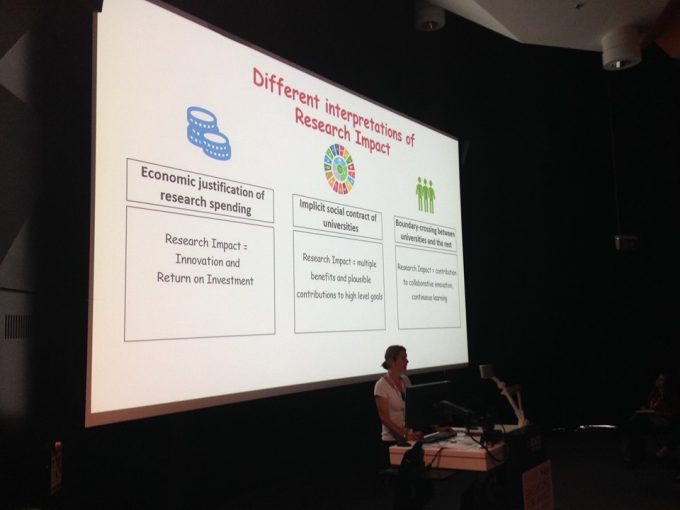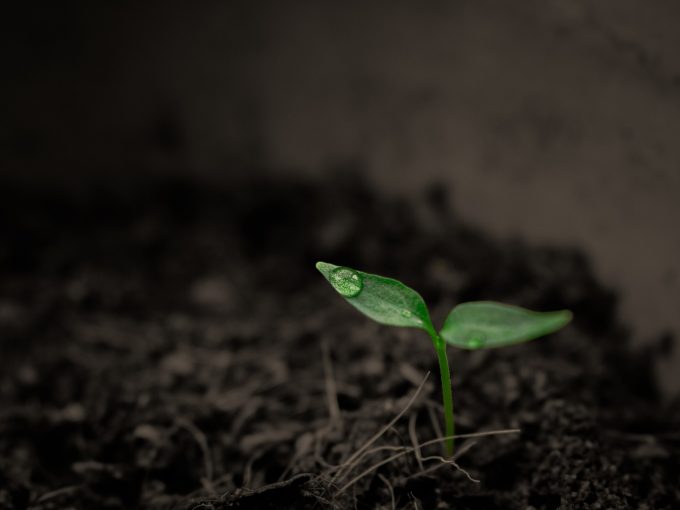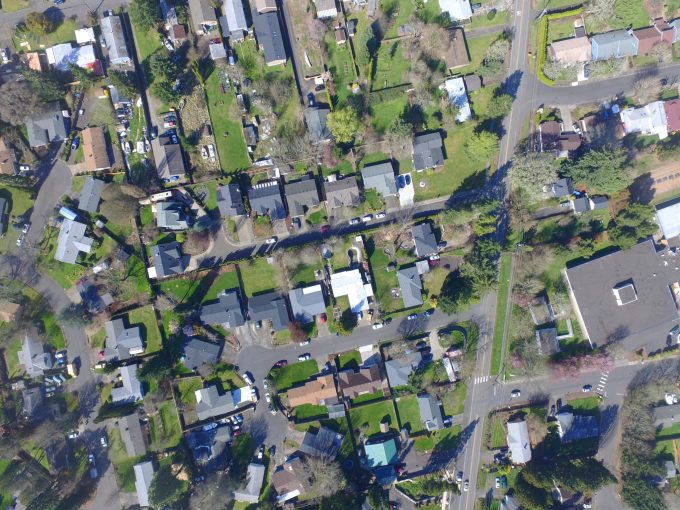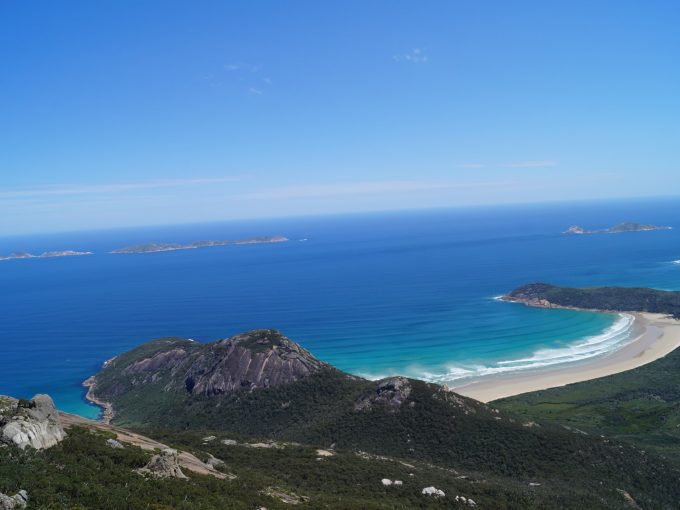The CCT research group helps society understand and address the far-reaching challenges that climate change poses in the context of other complex societal and environmental changes and issues. Motivated by a commitment to social, environmental and climate justice, our work aims to foster positive transformational change towards more genuine sustainable development at multiple scales and in diverse localities, including cities and regions. It facilitates critically reflexive, trans-disciplinary exchange between theory and practice by coproducing research with practitioners, policymakers and communities.
We work across and within four broad themes:
Adaptation governance and practice
Climate change adaptation requires adaptation of governance, institutions and policies across all sectors and levels of government. CCT researchers work at the research-policy interface to help policy-makers, organisations, businesses and communities make sense of and act effectively on the adaptation challenge, providing high level insights about the scope of the challenge, strategic advice about the risks, opportunities and tensions, and practical tools to accelerate adaptation action.
Sustainable and just transitions
How can we transition society onto a more sustainable and social just pathway, what approaches are different groups already taking and how can they be assisted? These are key questions for the CCT group. In particular, CCT researchers are involved in working with stakeholders to transition energy systems onto a lower carbon basis and reconfigure production systems using circular economy principles in a way that improves social justice, climate adaptation and other sustainable development outcomes.
Disasters, development, and resilience
Preventing, responding to and learning from disasters is a key activity in the context of climate change. Focused on the social drivers of disasters, notably urban planning, CCT researchers use qualitative and quantitative analytical tools and insights to help improve Disaster Risk Reduction efforts and position them within climate change adaptation. Their work aims to help develop approaches to potential disasters that foster socio-ecological resilience, justice and the achievement of UN Sustainable Development Goals.
Regenerative social-ecological systems
In the face of climate change and other pressures it is increasingly apparent that it is not enough to just protect social-ecological systems; they need to be made more regenerative. CCT researchers are working with stakeholders to help rethink, reboot and redesign agriculture and natural resource management in ambitious ways that celebrate the turn to catchment and landscape scale interventions, soil health, resilience thinking, strengthened rural-urban relations and transformational climate change adaptation.
Acknowledgement of Country
The Climate Change Transformations research group brings together scholars concerned with climate justice. As a group, we wish to acknowledge the Boon Wurrung and Woi Wurring peoples of the Eastern Kulin Nation as the Traditional Custodians of the unceded lands on which we research, teach and work, and pay respect to their Elders past, present and emerging. We also wish to acknowledge and pay respect to the Aboriginal and Torres Strait Islander peoples, Ancestors and Traditional Custodians of all the lands and waters on which we live, work and learn. We acknowledge that sovereignty was never ceded and through our work we seek to understand how we might honour our collective obligations to Country, peoples, and cultures.
Projects
Key People
Lead researchers
Program Researchers
- Dr Brian Coffey Dr Benjamin Cooke Dr Anthony Kent Dr Melissa Neave Dr Sarah Robertson Dr Naomi Rubenstein Dr Joan Staples Dr Bhavna Middha Katrina Dunn Oli Moraes Mariana Dias Baptista Merina Sitoula
Higher Degree Research Students
- Jharana Bhattarai Aryal Fernanda Del Lama Soares Belinda Davis John Handmer Tareq Zahirul Haque Connor Jolley Heather McLaren David Meiklejohn Tamzin Rollason Helen Rowe Hector Manuel Padilla Gil
Vice Chancellor Research Fellows
- Serene Ho Nigel Goodman Gemma Sou
Honorary members
- Karyn Bosomworth Matthias Garschagen Hartmut Funfgeld Briony Towers Blanche Verlie
